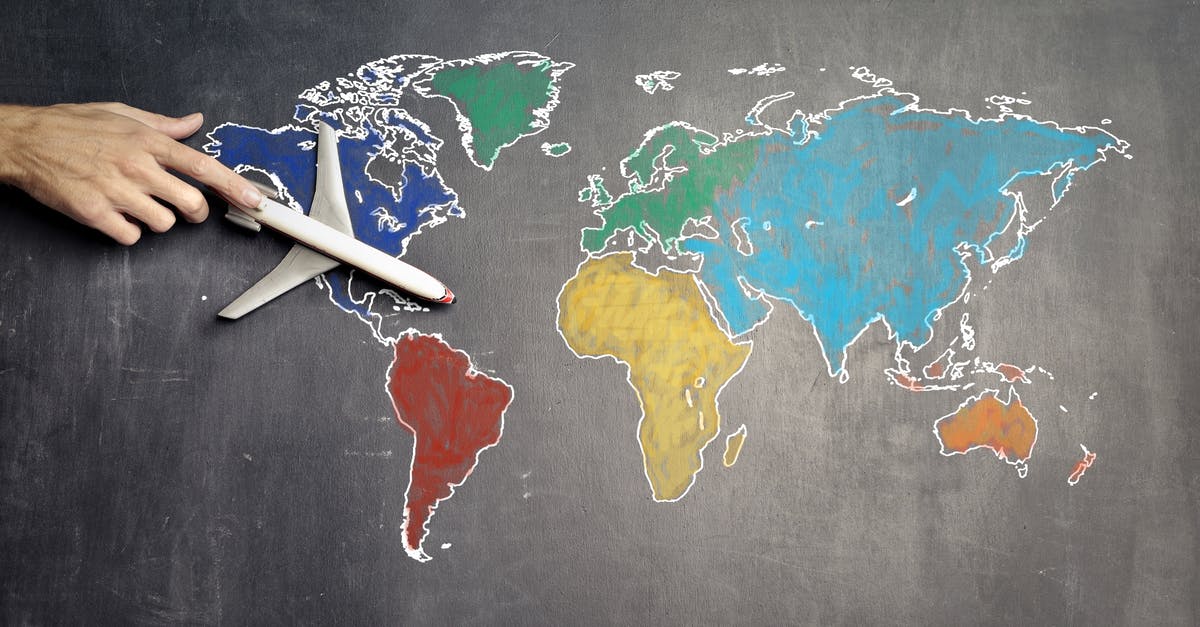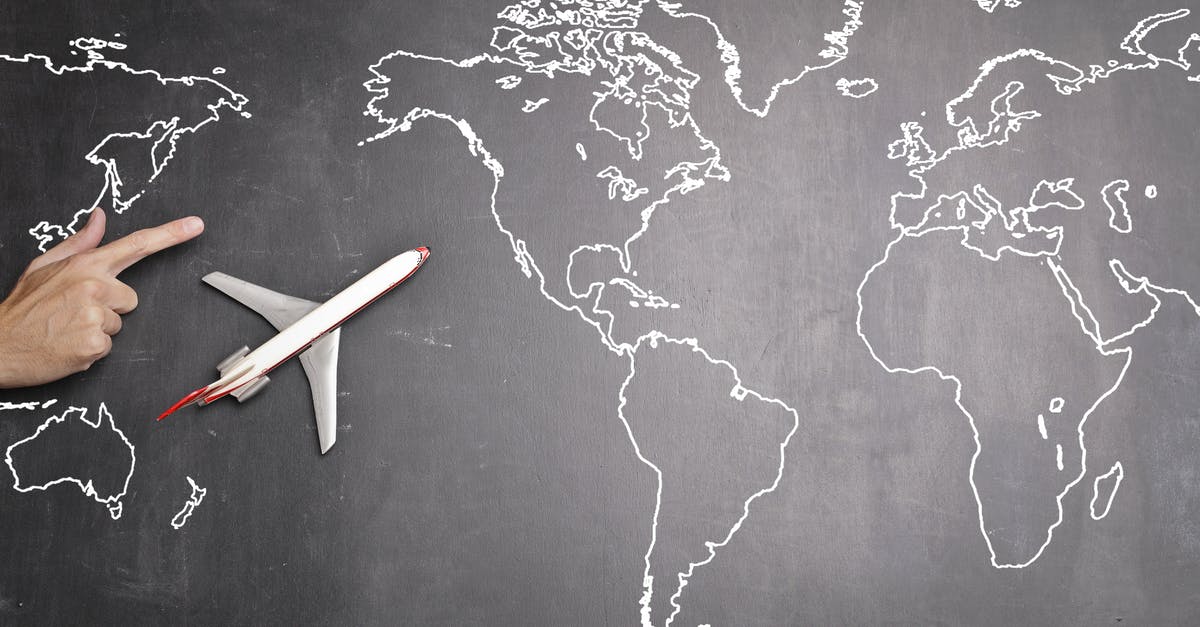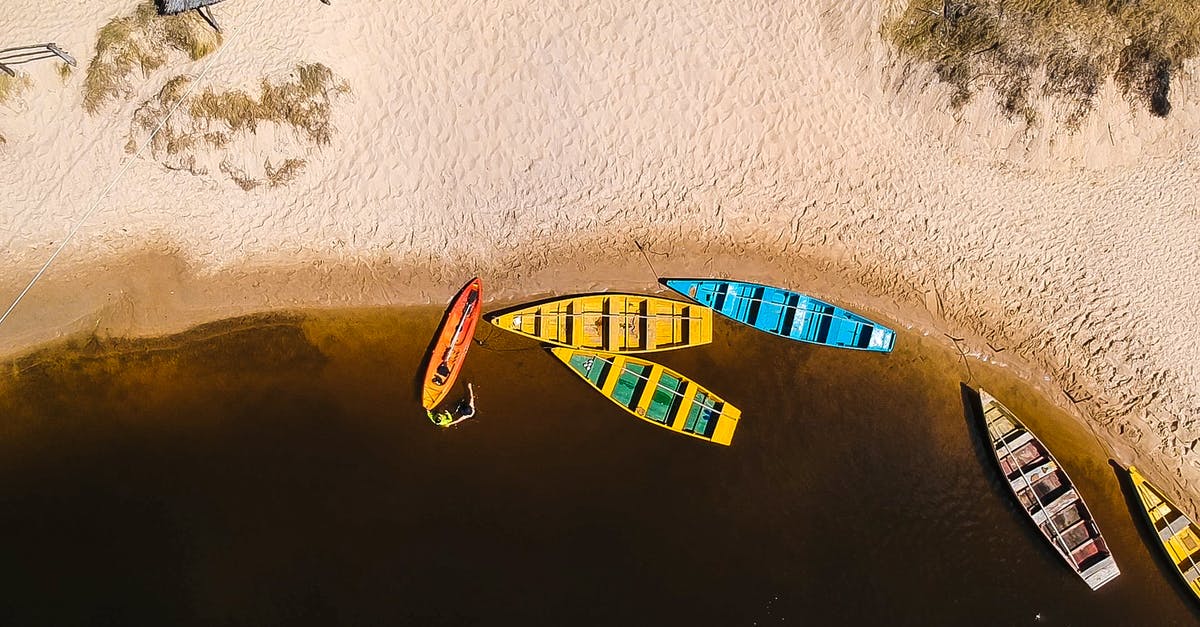How does one recover from a (personal) disaster while abroad, travel-wise?

I was watching the Bond flick Die Another Day last night. In it, Bond ends up in terrible shape, but manages to escape to the shores of Hong Kong, where he strolls into the lobby of a swanky hotel, is instantly recognized, and equipped, and away you go...
My question is this: supposing I'm NOT going to be recognized, but I've lost my wallet, all ID, everything. How do I get reconnected with my financials? Let me make it clear, I'm not asking how I get a free room and masseuse with no ID, I'm asking how does a real person get a place to stay for the night, some fresh clothes and food.
Let's also assume that I AM actually paying for it, somehow, though I don't have cash or a credit card.
Thoughts?
Best Answer
On October 9, 1994, I visited Westerplatte, just outside of Gdansk, Poland. On the way back, I foolishly put the following into one bag:
- My US Passport
- The USD 3,000 I had just earned from teaching some computer classes
- My computer
- My Eurail tickets
- My plane ticket home
And then, even worse, I saw the bus leave with that same bag in the front seat. I tracked down the bus, but I never saw that bag again.
That said, nearly twenty years later, I can say it is possibly the best thing that ever happened to me.
Now, to be sure, I was devasted at first. In spite of the initial trauma (and trust me, it was trauma) made a few quick decisions that saved me in the short term.
I resolved not to ask for a wire transfer. My dad would have gladly sent me the money, and I would have been okay. But I was way too much of a cheapskate to pay what was then a $40 wire transfer fee. I don't know what they are now, but I doubt they've gone down. Instead, I was able to convince a Polish bank to reissue my Visa card. It involved getting the Polish bank to talk to Visa who in turn, called up my roommate. But that credit card was the lifeline that let me continue to travel. That credit card, with a $1200 balance, was all I needed for the next month. It got me by. Moral of the Story: TALK TO PEOPLE
I sold my watch to a Russian guy in order to pay for the train to Warsaw. My idea was to get my passport reissued in Warsaw - and that was a bad idea (more in a minute). What was great was that a Polish guy (Henryk Gut, if you ever read this, you are still my hero!), who it just turned out, had gone to school in Michigan, where my parents grew up. Just having that Michigan connection (and being well-shaved, polite, and not looking scary) was enough for him to take me in for a week while I got my head back on straight. He encouraged me not to stop travelling. He was right. Moral of the Story: TALK TO PEOPLE
I tried to get my passport issued in Warsaw. That was going to take forever. An embassy in a big city is way over-crowded. You'll be in line and always be a number. After a week, I got nowhere. Then, I took a train down to Krakow. The consulate there gave me the forms, walked me through filling them out, and gave me my passport that day. Moral of the Story: Bigger isn't always better. Oh, and it's so much better when you can actually TALK TO PEOPLE
I learned to stay cheap. Yes, you save money, but you also are forced to interact with more people that way. I, for example, had never had alcohol in my life prior to this trip, but I learned to have a social drink with people in hostels, and learned so much. Likewise, knowing a language - any language other than your own breaks down barriers. I remember asking some guys in the hostel if their room was full. They only said, "yes, full," but I heard enough of the German accent to ask if they were German. They lit up, when I asked them auf Deutsch. They were visiting Auschwitz the next day and had a Trabant. Tell me, how many Americans can say that a bunch of Germans took them to Auschwitz willingly? But seriously - it made the difference because I didn't have the resources to splurge every night. What would have been a sightseeing trip became a journey. Moral of the Story: TALK TO PEOPLE
One mistake I learned the hard way, once you are reduced to a credit card, is to always have some cash. I crossed into the Czech Republic with only a credit card, on a Sunday. And then, my credit card (having gone 10 days without a verification) suddenly stopped working. I eventually phoned the credit card company, and got them to reauthorize the card, but not until after a forced 48 hour fast, while I waited for local currency. Moral of the Story: Don't count on the credit card for everything.
When it was time to fly home, even in the days of paper tickets, I was able to show my passport to get the airline to honor my ticket home. Sadly, with the Eurail tickets, I had no such luck. Had I had a Dropbox and a picture of the tickets, now that would have been something, but no. Moral of the story: Always ask the vendor if they can help you. In other words, TALK TO PEOPLE
One thing that saved my bacon was that I had stashed a 1,000,000 Polish Zloty note in my bag, because I thought it was so cool that I had a million of any currency. Grant you, it was only worth about $40, but it made a difference. Moral of the story: Don't put all your cash in one basket!
Finally, I learned self-reliance like you wouldn't believe. When I got home, my dad's first reaction was "What the !*@! were you thinking not calling me! I would have gotten you home safe!" That lasted for about a day, though. Then, my dad realized that I was able to get through. I was calm. I continued on, and I made the best of a very bad situation. That was the day I truly became a man. (Yes, I was 22 already, but that was the day I became a man!) To this day, my dad trusts me over even my older brother, because I proved that I could handle it.
Does it suck to lose it all? Yes. I feel for your loss. But stay calm. Think through your actions, and this could become a turning point for you too.
Pictures about "How does one recover from a (personal) disaster while abroad, travel-wise?"



What to Do If You Get Sick While Traveling | Why Get Travel insurance | Medical Emergencies Abroad
More answers regarding how does one recover from a (personal) disaster while abroad, travel-wise?
Answer 2
You will need to rely on the kindness of strangers. At least as far as getting access to a phone and calling friends or family back home (presumably calling collect).
Typically, you will have a hotel room booked for your stay so if you can make your way there you should be fine for a night or two. Otherwise, getting money sent to you will be of maximum priority.
Your contact back home (or you yourself if possible) will then need to contact
- Your bank (cancel credit cards etc.)
- Your travel insurer (you are insured, right) who may offer assistance as part of your coverage (e.g. my policy covers assistance in replacing lost travel documents)
- The nearest consulate for your country (about getting new travel documents).
To facilitate the process it is helpful to have access (possibly in your Dropbox/SkyDrive/iCloud) to things like passport and credit card numbers. Basically, any info that your bank, insurer or consulate may ask for.
TL;DR Phone home!
Answer 3
Okay, there's a lot of general advice here, but I just wanted to give my two cents from the bank/credit union/financial institution's point of view - here's how we can help you (I work in the 24/7 emergency service department for one of Australia's largest banks):
- Stopping your cards
We will help you stop your cards to prevent unauthorised usage. This also includes if a friend/relative/anyone calls up to report them lost. However, in general, you will need to contact us personally and be verified with some security questions in order to have new cards reissued. - Issuing new cards
We will help you with the reissuing of new cards, provided that we are able to identify you. Most MasterCard, American Express and Visa cards ought to be issued to an overseas address - you may be charged for this service.
Who else you can contact:
- Your card scheme
MasterCard International, Visa Inc, and American Express all offer Emergency Services to people who are without funds overseas. Of course, I've only worked for the one bank, so I don't know about other banks, but as far as I know, it's offered to all cardholders, and it's just a matter of whether your financial institution approves the request. You are able to request an Emergency Card Replacement, which is a replacement for a lost or stolen card, and generally this will be priority embossed and delivered to you within 48 hours. You are also able to request an Emergency Cash Disbursement, where funds are made available to you through a Western Union, bank or some other company. I have seen these provided within 30 minutes, from the cardholder contacting Visa/MasterCard, to when they actually collect the money. - Your friends/family
Whenever I travel, I have a friend at home who I give a list of companies with whom I hold cards. Whenever I lose a card, I send them a simple text message, email, or leave a voicemail, which says something like:
010001with the ones indicating which cards I've lost. I can count on this friend to contact those banks and report the cards lost so that they can be blocked. This meant that when I was in Japan, rather than trying to fiddle around with trying to call my bank to stop my cards, I was able to send a text message to my friend, and within five minutes, I'd got a text back sayingDone.
Other things to do:
- You should keep a hard-copy and soft list of your card scheme's numbers in the various countries that you are travelling in. While your bank may have a number of free call numbers for people overseas, and they are likely to keep a landline number so you can call collect, the size and scope of card schemes means that they have a long list of local numbers and free call numbers in a large, large number of countries. You are likely to have a toll-free number for them for most countries you're travelling in.
- Have a panic number for a friend, family member or someone else who you trust. This is so I can implement the above system, although I can only stress how important it is, when you have multiple cards, to communicate well, otherwise they may end up cancelling the wrong card. Not great when you're overseas and travelling.
- Have your online banking credentials, and make sure you ask your bank whether there's anything you need to do to access your information whilst overseas. Many banks will leave a note for their fraud monitoring department, so they don't lock you out whilt travelling.
Other things I've done:
- Keep cards in separate places.
One in your wallet, one in your suitcase, one in your backpack, one in your sock, etc... - Keep a few extra passport photos with you
Again, in separate places. - Back this all up to the cloud.
And keep a copy of a public link somewhere with you. Last thing you want to to lose access to your online storage and have this all be useless to you.
I won't deny it, I'm an over-planner, perhaps to a neurotic and paranoid extent. But when I travel, I don't have any concerns about my money, at least because I have a plan.
Answer 4
The more money you have, the easier this is. For example getting a tailor to come to your 5-star hotel room, measure you for a suit and return with it the same day, then invoice you and wait to be paid will cost a fortune. However, it's far easier than trying to get to a Walmart to buy jeans and a Tshirt when you have no cash. Once you're registered in that hotel, getting room service on your tab (which you can eat in your bathrobe if the suit hasn't arrived) is easier than going out to buy food. And so on.
Your credit card company may offer you some or all of the services you need - vouching for you to the hotel, arranging to get some cash to you, and expediting a replacement card typically the next day. (American Express will also help you find a doctor or lawyer, and advise you about visa and immigration requirements.) It's a good idea to look into which credit cards you carry offer which services, and to have the various numbers you might want to call squirrelled away. For example they might be in your phone, and also on a piece of paper in your wallet, and also in your luggage. Put an e-copy in your skydrive or dropbox or some other cloud-based storage system so you can get to it from the internet-accessing machine many hotels have in their lobbies. Leave a copy with someone whose phone number you know by heart and you can also call that person (collect if you have to - an expensive hotel will cover the call, a cheap one won't) and ask them to read the info to you.
Answer 5
A good travel insurance, could be a saver here. The only thing you then need is to get access to either a telephone or Internet. I once got in a situation, not really as stressing as the one you described, but still I didn't know what to do. I called my insurer. They immediately arranged a hotel, primarily to allow better telephone connections then the public long distance telephone call I was making. My identity was verified by some security questions (eg. mothers maiden name, my birthday, etc). Within 2 hours everything was settled.
Ever since I primarily rely on my insurer and not on consular support (see also the lowering-expectations advice on what to expect from embassies/consulates)
Answer 6
I'm a veteran traveler and have had some lost days myself.
got kicked out of a country and had to cancel my v?sa with little or no cash on hand because of credit card theft by a transport company.
got stranded in Madrid with no money, bad bronchitis and little help from individuals.
What do I say?
You can ask for help from random people, that's good, but not always useful.
My advice then?
Have a skype account or other online account with money in place with the company to make numerous needed phone calls from internet cafes, hostels or hotel business centers. Hostels are great to help you solve problems as they are used to these emergencies, from experience with their clients.
Keep important phone numbers with you in an address book, or in the cloud or with your VOIP service. This has saved me multiple times, such as keeping phone numbers of my credit card company handy.
I think people know about having a mobile phone with you when traveling, using local networks. Sometimes you can make a phone call to your credit card company fixing problems instantly.
You might want to call back to your foreign affairs ministry back in your home country and they can help direct you to the right institution locally.
Dig up that old cousin your parents know in your local country.
Keep ID securely stored on the cloud, such as passport photo pages and visa information.
Go to a big hotel chain and ask the staff for help - even if you are not staying with them. They will speak English and you can rest in the lobby and get your bearings.
If necessary, you can sometimes get an instant job as an English language teacher, server in a restaurant/bar, temp worker. Have the school, business give you money in advance. You do your work until you get on your feet financially.
Sources: Stack Exchange - This article follows the attribution requirements of Stack Exchange and is licensed under CC BY-SA 3.0.
Images: Zacharias Korsalka, Andrea Piacquadio, Andrea Piacquadio, thiago japyassu
